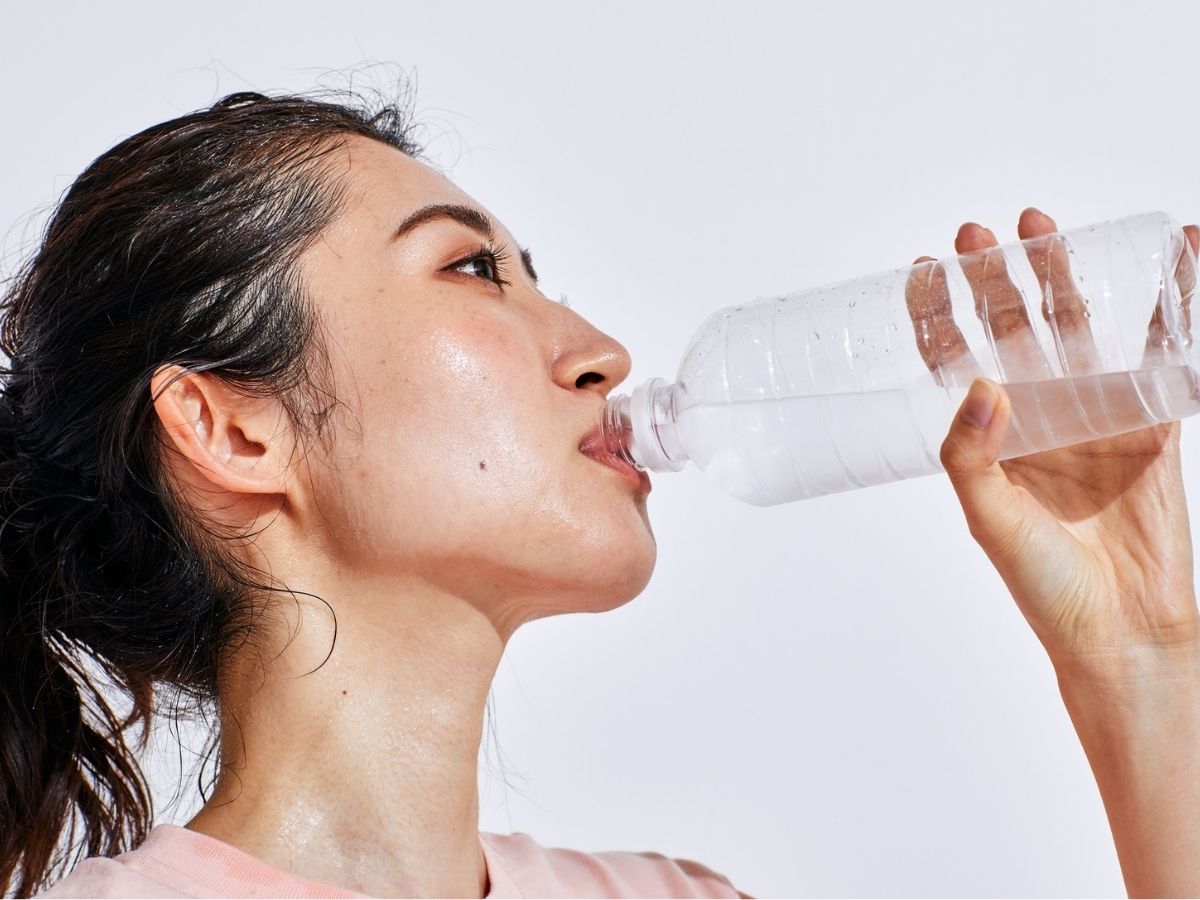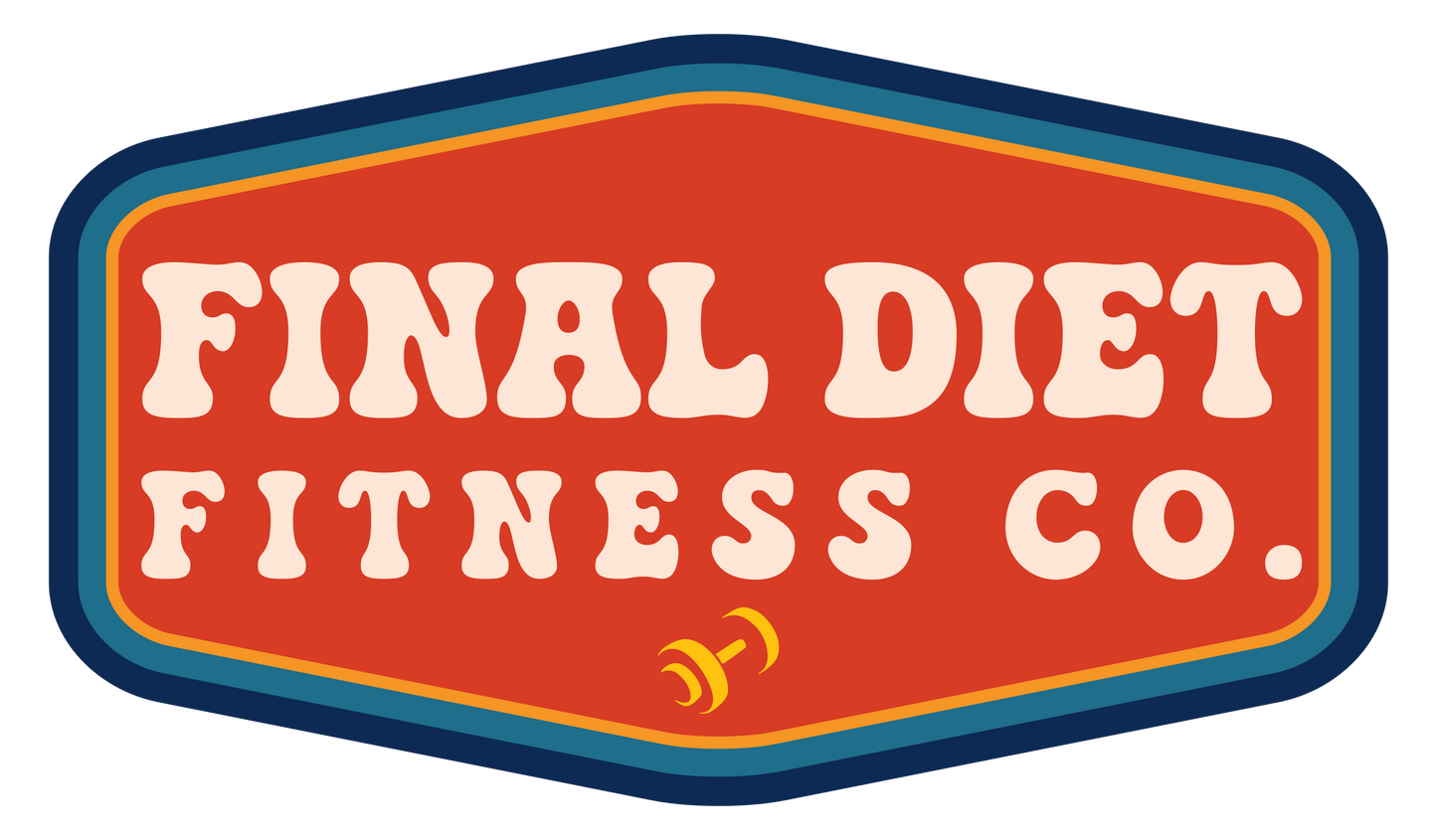
Hydration isn’t just about quenching thirst. It affects every physiological system—from muscle contractions to brain function. Even mild dehydration (just 2% body water loss) can reduce strength, endurance, and focus during your workouts.
For lifters and endurance athletes alike, hydration equals performance.
1. Why Strength Training Dehydrates You
Unlike steady-state cardio, lifting causes short bursts of exertion and heavy breathing—both increase water and mineral loss. Add warm gym conditions and caffeine, and dehydration happens faster than most realize.
Symptoms include:
- Fatigue or lightheadedness mid-workout
- Muscle cramps
- Slower recovery or lingering soreness
- Elevated heart rate for the same workload
2. The Role of Electrolytes
Electrolytes—mainly sodium, potassium, magnesium, and calcium—help your muscles contract and your nerves signal properly. When you sweat, you lose all four. Replacing only water dilutes blood sodium levels, which can lead to fatigue or cramps.
Best natural sources:
- Sodium: pickles, broth, electrolyte tablets
- Potassium: bananas, potatoes, yogurt
- Magnesium: almonds, spinach, dark chocolate
3. How Much Water You Actually Need
A simple guideline:
- General fitness: Half your body weight (lbs) in ounces of water per day
- Strength training: Add +16–24 oz for every hour of lifting
- Hot or humid conditions: Add another 20–30% more
Example: a 180-lb person lifting for an hour needs roughly 100–120 oz daily.
4. When to Use Electrolyte Drinks
Plain water works for most sessions under 60 minutes, but if you:
- Train intensely for over an hour
- Sweat heavily
- Follow a low-carb or keto diet (low sodium retention)
…then an electrolyte drink helps replace sodium and magnesium, improving endurance and recovery.
Avoid high-sugar sports drinks—choose low-calorie powders with 200–400mg sodium and 100–200mg potassium per serving.
5. Pro Tips for Staying Hydrated
- Drink 8–12 oz of water within 30 minutes of waking.
- Sip fluids gradually during training—don’t chug at once.
- Include electrolytes 1–2x daily on intense training days.
- Monitor hydration by urine color (light yellow = ideal).
Key Takeaway
Water is essential—but minerals make it functional. For lifters, proper hydration means supporting performance, recovery, and muscle contraction with both water and electrolytes.
